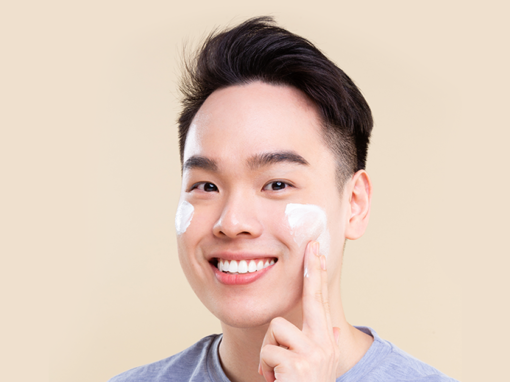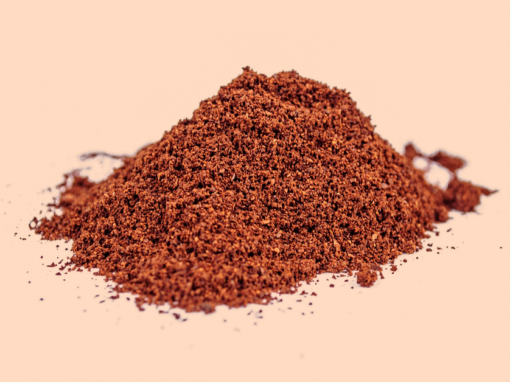Have you been struggling with acne scars that won’t go away? Don’t worry, you’re not alone. Acne is a skin condition that can frequently occur and may have long-lasting physical scars.
However, several proven methods help reduce the appearance of acne scars and regain your confidence. In this article, we’ll look at 6 solutions for saying goodbye to acne scars once and for all.
An overview of acne scars
Acne scarring is a skin condition that affects many people. It can range from mild, temporary discoloration to deep, permanent indentations on the skin. The severity of acne scarring depends on the type and size of the acne cyst or nodule that formed in the affected area. Acne scars are typically caused by severe or recurring breakouts that damage underlying skin tissue, resulting in inflammation and permanent marks.
Type of acne scars
Atrophic Scars:
These are the most common type of acne scars. They are caused when collagen is lost during healing, resulting in a depressed area or indentation of the skin.
Hypertrophic Scars:
These scars appear as raised bumps on the skin and are usually caused by excessive collagen production while healing from acne lesions.
Keloid Scars:
A keloid scar is an abnormal growth of scar tissue that occurs beyond the edges of a wound or lesion, forming a firm bump or ridge on the skin’s surface.
What causes acne scars?
Here are the major causes of acne scars:
1. Picking or Squeezing:
When acne is not properly treated, people may be tempted to pick at their blemishes. Picking at the skin can cause inflammation and damage the tissue, leading to permanent scarring.
2. Inflammation:
Acne inflammation can lead to scarring when left untreated for a long time. Inflammatory acne lesions can form deep within the skin, destroying healthy tissue and leaving behind scars or pits on the skin’s surface.
3. Hormonal Changes:
Hormone fluctuations during puberty or pregnancy can trigger an increase in sebum production, resulting in acne breakouts that may leave permanent scars if not treated.
4. Genetics:
Genetics can play a role in the development of acne scars, as some individuals are more prone to developing keloid scars, which are raised and bumpy.
How to treat acne scars
Chemical Peels:
A chemical peel is a procedure that involves applying a chemical solution on the skin. This solution helps to exfoliate the damaged outer layers of the skin.
Microneedling:
This treatment utilizes a device that makes small punctures on the skin to stimulate the production of collagen and elastin.
Laser Therapy:
The use of focused light energy to enhance the production of collagen and diminish the visibility of acne scars is called laser therapy, which is a treatment without any incisions or invasive procedures.
Dermal Fillers:
Dermal fillers are an injectable treatment to fill in depressed acne scars. The filler is injected under the skin to add volume and lift the depressed area, making the scar less noticeable.
Subcision:
This treatment involves using a needle to break up the fibrous tissue bands causing a depressed acne scar. Once the bands are released, the skin can plump up and reduce the appearance of the scar.
Topical Treatments:
Topical treatments such as retinoids, vitamin C, and hydroxy acids can help improve acne scars’ appearance over time.
Conclusion
Numerous treatments exist to diminish the look of acne scars. While some may be more effective, finding a solution that works best for your specific needs and skin type is important. It’s best to have a board-certified dermatologist supervise and guide any treatment to determine the most effective approach.
FAQs
Do acne scars go away?
Depending on the severity, acne scars may go away over time without treatment. However, if you’re looking for a faster solution, several professional treatments, such as laser therapy and fillers, can help reduce the appearance of acne scars.
Why do my scars get so dark?
When the skin is exposed to sunlight, this can cause darkening of acne scars. This is because UV rays affect your melanin production, the pigment which gives your skin its color.
Does vitamin C help acne scars?
Vitamin C does not directly help acne scars, but it can boost your skin’s healing ability and reduce inflammation which helps to speed up healing.
This article is for informational purposes only and does not constitute medical advice. The information contained herein is not a substitute for and should never be relied upon for professional medical advice. Book a consultation with andSons medical team to learn more about healthcare treatments here.


